Temporarily Unavailable
Thank you for your interest in the National Network to Eliminate Disparities in Behavioral Health. At this time, the NNED website is temporarily unavailable. Please check back soon and we apologize for any inconvenience.

Thank you for your interest in the National Network to Eliminate Disparities in Behavioral Health. At this time, the NNED website is temporarily unavailable. Please check back soon and we apologize for any inconvenience.
